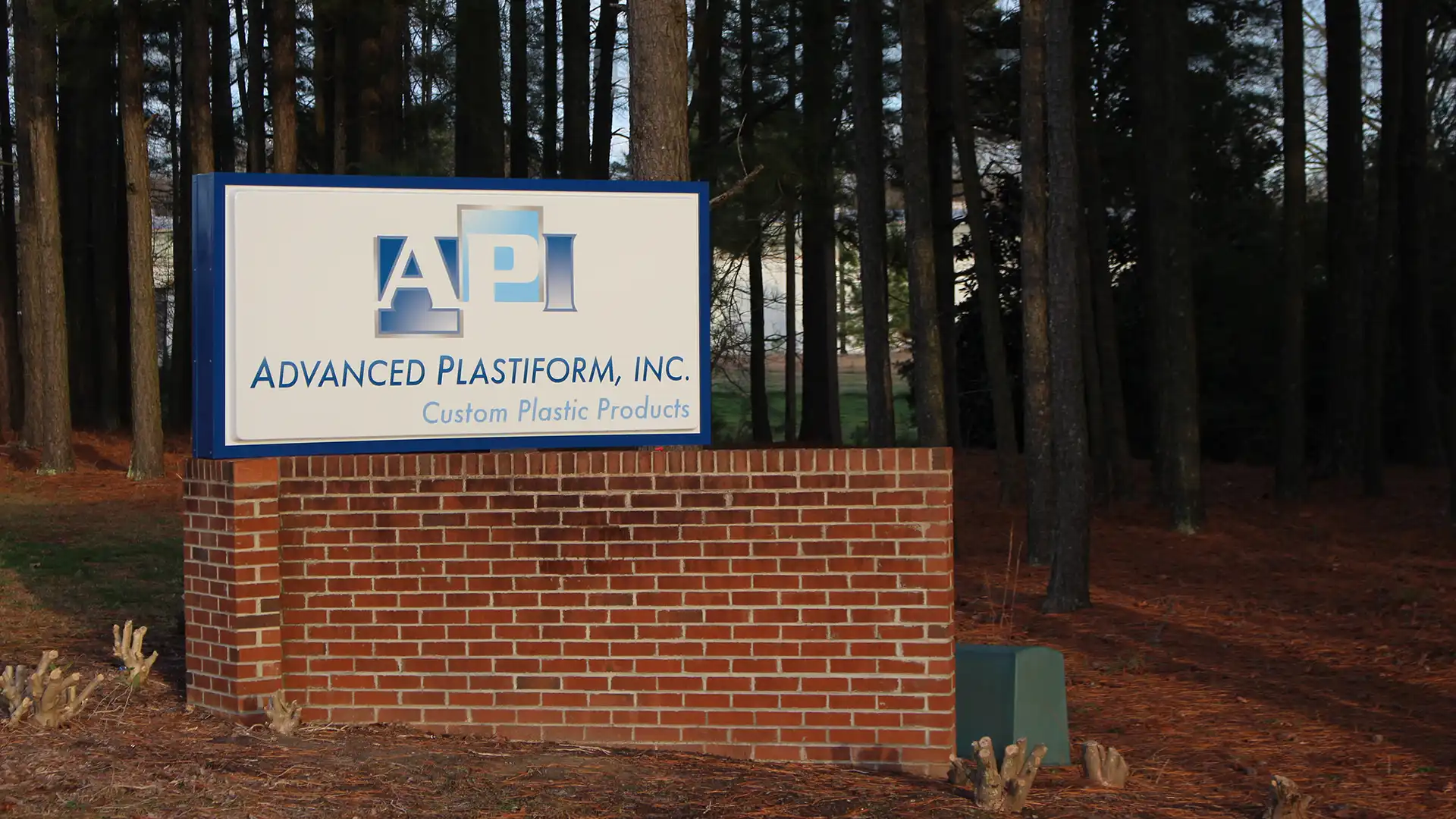Learn how electric vehicles are changing the style and design of even traditional vehicles.
It’s not a surprise that plastics are an essential part of vehicle manufacturing, but the extent of their use in addition to how much they improve the functionality, safety, and efficiency of our vehicles is not widely known. Through automotive injection molding and thermoforming, we create a wide variety of plastic parts and components used in vehicles and wanted to take the opportunity to share the types of plastics used, how they are formed, and the role they play in improving our vehicles.
Why Use Plastics in Automobiles?
Unlike wood, leather, and metal used in vintage and antique vehicles, today’s vehicle production relies on a variety of plastics. Plastics are used both on a car’s interior because it’s long lasting, doesn’t corrode, is highly durable, and, depending on the thermoplastic used, resistant to UV damage and impacts.
Most plastics are lightweight and easy to fabricate. Plastics make up around 50 percent of the weight of a vehicle, especially passenger vehicles, but it only contributes to around 10 percent of the vehicle’s weight. Additionally, manufacturing custom plastics for cars is much more cost-effective than using other materials, lowering the price and making them more accessible.
Additionally, as the focus on sustainability grows, more vehicle parts are made from recycled plastics and conversely, plastics used in certain parts of the car can be recycled.
Commonly Used Plastics in Vehicles
There are dozens of types of thermoplastics used in manufacturing vehicle components, but the most widely used materials include:
Polypropylene (PP)
Polypropylene has three major factors that make it ideal for use in vehicle manufacturing - it’s flexible, chemical resistant, and has a low electrical conductivity. Also, because of its high melting point and high flexibility, it’s easy to use for thermoforming while its low price keeps costs down. Polypropylene makes up about 30 percent of the total plastic in a car and is used for
- Bumpers
- Cable insulation
- Carpet fibers
- Fuel cans
Polyvinyl Chloride (PVC)
PVC makes up about 16 percent of the plastic used in a vehicle because it is highly versatile and can be made very hard and rigid or soft and malleable, depending on what it’s going to be used for. It’s also durable and can offer excellent resistance to damage from water, chemical exposure, impact, and abrasion. PVC is often used for:
- Dashboards
- Interior door lining
- Arm rests
- “Vinyl” upholstery
- Floor mats
Polycarbonate (PC)
Polycarbonate is a transparent thermoplastic whose high impact resistance makes it an excellent alternative to glass, while its weather and moisture resistance makes it great for outdoor conditions. This lightweight material helps improve fuel efficiency by lowering the weight of the car and is generally used to make:
- Headlight covers
- Headlight lenses
- Sunroofs
- Windscreens
Acrylonitrile Butadiene Styrene
Like PVC, acrylonitrile butadiene styrene (ABS) offers high impact resistance and durability, but can also be manufactured to have a glossy, attractive finish, improving the look of a car’s interior. ABS also has the ability to improve safety in a vehicle because it can act as a shock absorber in the event of an impact, which is why it’s commonly used in:
- Dashboards
- Consoles
- Steering wheel covers
Thermoplastic Olefin
Thermoplastic olefin (TPO) is also used extensively in vehicle part manufacturing because it doesn’t degrade or break down under UV exposure and can withstand harsh weather conditions and temperature fluctuations. Because it’s a blend of polymers and other materials, TPO generally contains a thermoplastic like polypropylene or polyethylene with a rubber substance or an elastomer to provide elasticity and impact resistance. There are also mineral fillers used in its composition to provide the qualities necessary for its use. TPO is generally used to make:
- Car bumpers
- Dashboards and door interiors
- Fenders and panels
Contact Us for Custom Plastic Automotive Parts
We work with a variety of vehicle manufacturers and third-party parts suppliers across the Southeast and Mid-Atlantic providing custom plastics made from high-quality materials. Our customers trust us because not only do we offer low per-unit costs and fast lead times, but we have the experience and innovation to ensure every step of our design and manufacturing process leads to the accuracy, durability, and quality necessary for safe vehicles.
Contact Advanced Plastiform, Inc.
Let Us Know How We Can Help!

